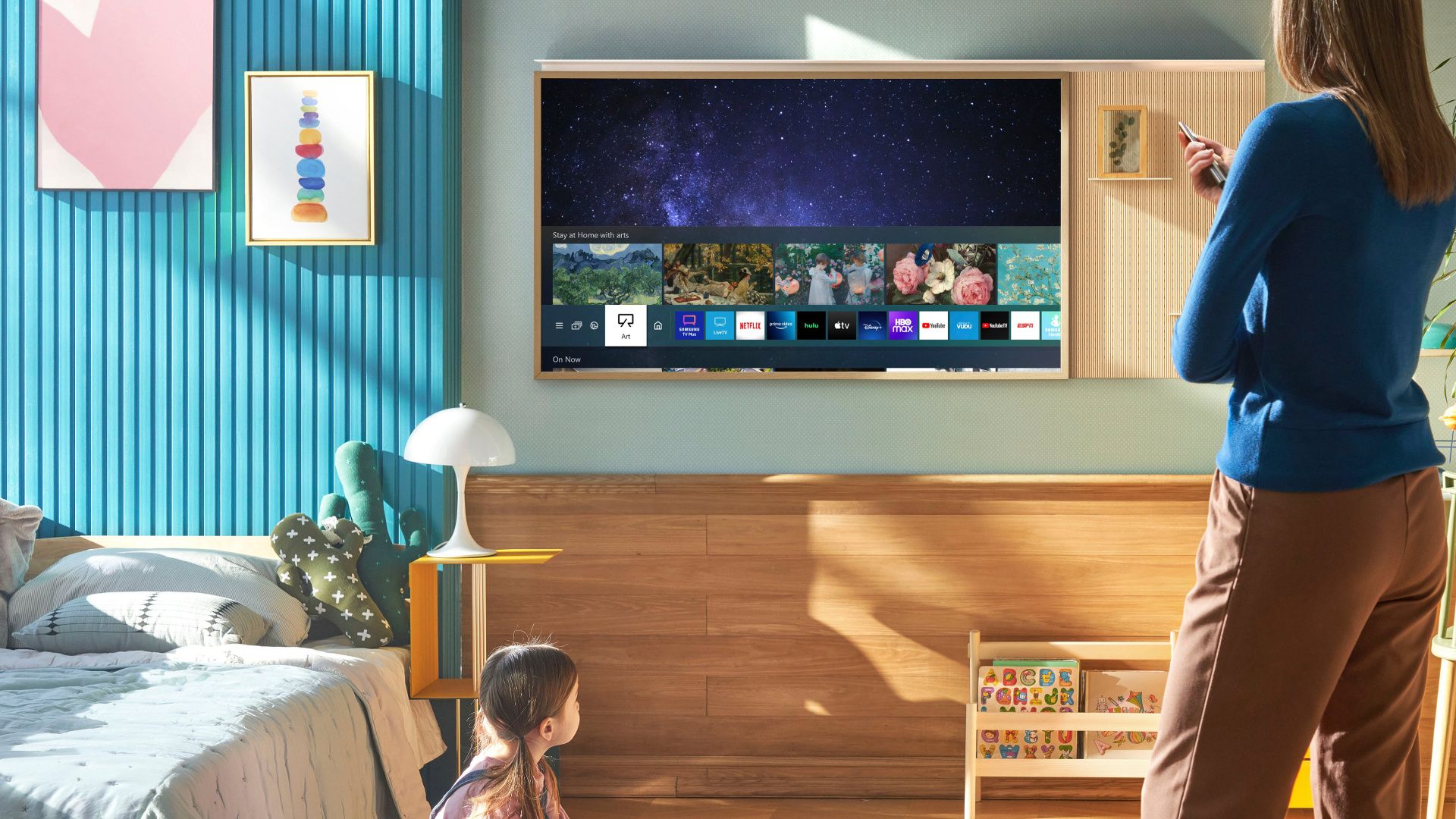Even if you aren’t an audiophile, you’ve probably heard of Dolby Atmos. It has been a huge selling point for nearly every TV and soundbar on the market, and is generally considered to be one of the standards to meet. Dolby Atmos creates a surround sound effect through the use of height channels and provides a more immersive experience than listening through just built-in TV speakers alone. Now, Samsung and Google have announced their own version of Dolby Atmos named Eclipsa Audio, with demonstrations expected at the upcoming CES 2025.

What do you want to see us cover at CES 2025?
No, your calendar isn’t lying. 2025 is mere hours away as I write this, and depending on when you read it, we could already be into the New Year. I’ll be kicking off 2025 the only way I know how: by flying to Vegas and touring the LVCC show floor — and practically every surrounding hotel — for the latest and greatest in technology. Be it smart home gadgets, bendable OLED screens, or some entirely new product category that takes everyone by surprise, myself and Taylor Kerns will be on the hunt for it during CES. And yes, no matter what we find, it’ll probably include AI.We’ve already got a pretty packed calendar, but that doesn’t mean there isn’t space for us to explore everything and anything in Las Vegas. While it can be a little tricky to truly plan out a visit ahead of time — sometimes the best discoveries have to be stumbled on — the CTA’s website and schedule gives us a pretty good idea as to what to expect. But really, I want to know what you, the loyal AP reader, expect from o
You’d be forgiven for not remembering that Eclipsa has been in development for some time. It originally had the much-less-interesting title of IAMF, or Immersive Audio Model and Formats. Samsung announced the project in 2023 with plans to launch it in 2024, but the company didn’t quite squeak in under the deadline. Eclipsa Audio will be available on all of Samsung’s upcoming 2025 TV models, including the lower-end budget series and the flagship devices (via TechRadar).
If Samsung and Google release their own audio format, both companies could stand to save money on licensing fees to Dolby Atmos — particularly important in a TV manufacturing industry that has seen several noteworthy drops in profit margins. Unfortunately, those savings aren’t likely to trickle down to consumers; the margins are already too thin for that. Right now, Dolby is a driving force in home entertainment, with few alternatives that can match it in terms of quality — but as more technologies enter the market, perhaps competition can work to drive down prices.
What does Eclipsa do?
Like Dolby Atmos, Eclipsa is a spatial audio standard designed to make movies and music more immersive and pull you deeper into the experience. It uses TV speakers, soundbars, and/or other audio equipment to emulate 3D sound as it was intended by its creators. Eclipsa isn’t the first open-source technology that does this, but it is the first that offers vertical sound positioning. That means exactly what you think: sounds can be made to sound as though they’re coming from above or below you.
In Samsung’s announcement, a Google Chrome executive mentioned that the browser team is “excited to see how the creator community uses it to create new and innovative audio experiences.” While no official announcement of Chrome compatibility has been made yet, this seems to indicate Google’s browser could be in line to add support for the new audio standard. We expect to learn more in the coming days as Samsung demoes the technology at CES 2025.

How to add and manage apps on your Samsung smart TV
Your Samsung smart TV experience is much better with third-party apps


